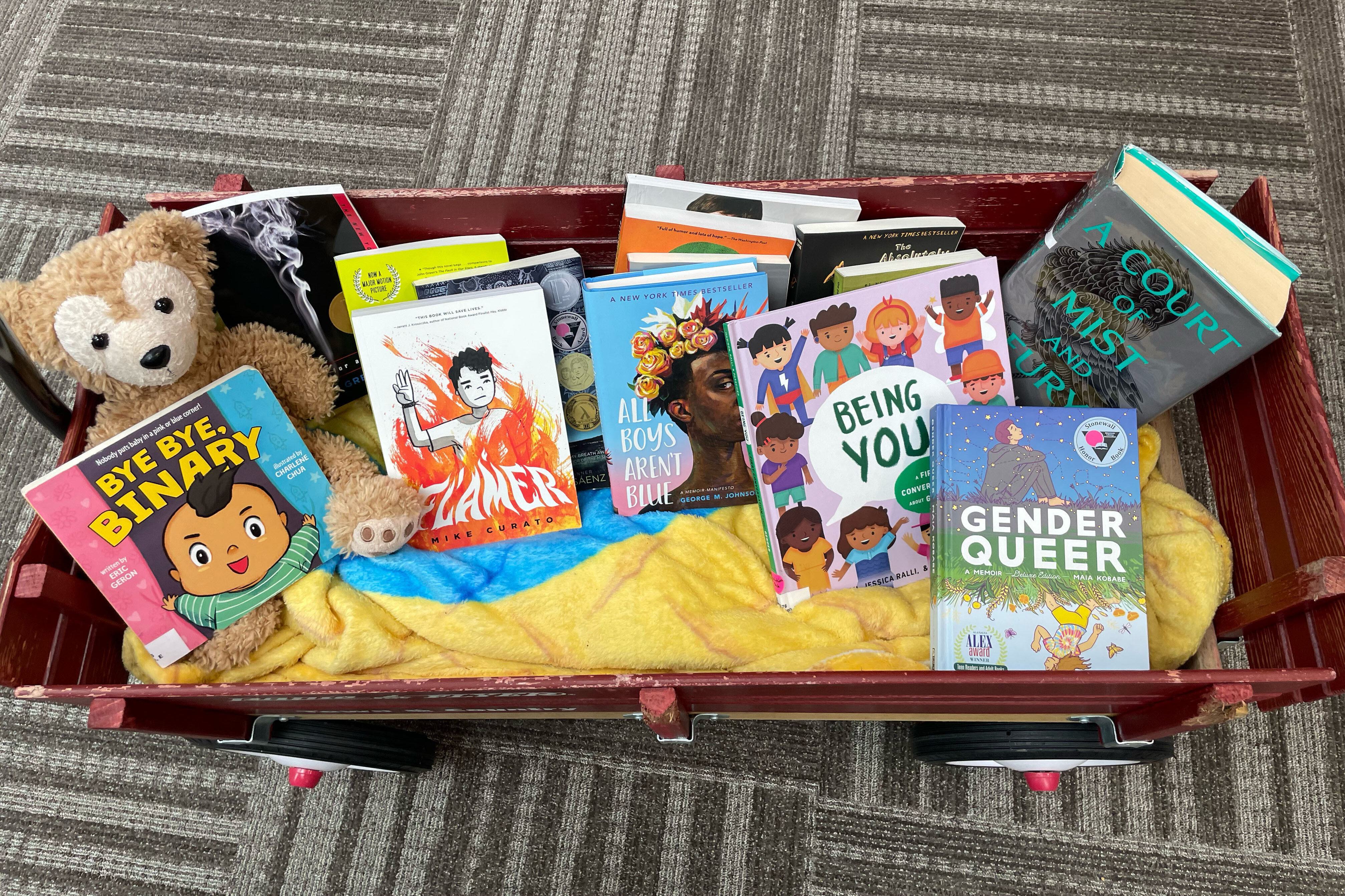The advocacy group Clean Up Alabama is calling on lawmakers to pass legislation that would remove the state's existing provision exempting public and school libraries from obscenity laws.
After failing to pass in 2024, State Rep. Arnold Mooney (R-Indian Springs) re-filed legislation to repeal the state's existing law.
Current law states, "It shall be unlawful for any person to knowingly distribute, possess with intent to distribute, or offer or agree to distribute any obscene material or any device designed or marketed as useful primarily for the stimulation of human genital organs for anything of pecuniary (monetary) value. Material not otherwise obscene may be obscene under this section if the distribution of the material, the offer to do so, or the possession with the intent to do so is a commercial exploitation of erotica solely for the sake of prurient appeal."
The state's obscenity laws do not apply to public libraries, public school libraries, college libraries, university libraries or their employees.
House Bill 4 (HB4) would apply criminal obscenity laws to public libraries and public school libraries but not to college or university libraries or their employees or agents.
The bill already has 49 co-sponsors, including House Speaker Nathaniel Ledbetter (R-Rainsville) and House Minority Leader Scott Stadthagen (R-Hartselle).
However, Clean Up Alabama is bemoaning that HB4 has yet to come up in the Judiciary Committee, where it's assigned and called on committee leadership to act.
"[T]he Library Obscenity Bill that Representative Mooney filed along with 49 other representatives. You heard that right, 50 representatives signed onto this bill, and yet it has not been scheduled for a committee hearing," Clean up Alabama said in a release.
It continues, "[I]t needs a committee hearing immediately to ensure that our children are protected from exposure to obscene materials in our Alabama libraries. The people have been asking for this common sense bill that simply protects children and removes the exemption for libraries under already existing obscenity laws for two years now. We are ready to see this put into law."
HB4 is not included among the 10 bills scheduled for the House Judiciary Committee on Wednesday.
The bill would also add the following definition in the state's existing code on "sexual conduct":
"In K-12 public schools or public libraries where minors are expected and known to be present without parental presence or consent, any sexual or gender-oriented conduct, presentation, or activity that knowingly exposes a minor to a person who is dressed in sexually revealing, exaggerated, or provocative clothing or costumes, who is stripping, or who is engaged in lewd or lascivious dancing."
The bill's criminal penalties would only apply in cases where a librarian or school employee fails to address a valid complaint from a parent or resident within 15 business days.
A resident or parent may submit a form via certified mail for public and school libraries when they believe a library book violates the bill's provisions. In the case of a K-12 school, the letter must be sent to a local school superintendent and principal. The letter must be sent to the library director and a library board member for a public library.
The school or public library must do one of the following within the 15-day limit:
Move material identified in the notice that violates this division to an age-restricted area of the library.
Remove material in the notice that violates this division from the library.
Cease conduct in the notice that violates this division.
Make an official determination that the material or conduct does not violate this division and take no further action.
The appropriate authority must also send a letter detailing the action taken to the parent or resident who filed the complaint.
If a parent or resident has not received notice within 25 business days of submitting a complaint, they may take any documentation to the applicable law enforcement agency in that municipality or county.
A court or grand jury may only issue a warrant or indictment for a violation after a law enforcement agency has received the documentation required by the bill.
Mooney carried virtually identical legislation during the 2024 session. However, the legislation stalled out during the gridlock caused by the debate over a statewide gambling proposal.
Don't miss out! Subscribe to our newsletter and get our top stories every weekday morning.










